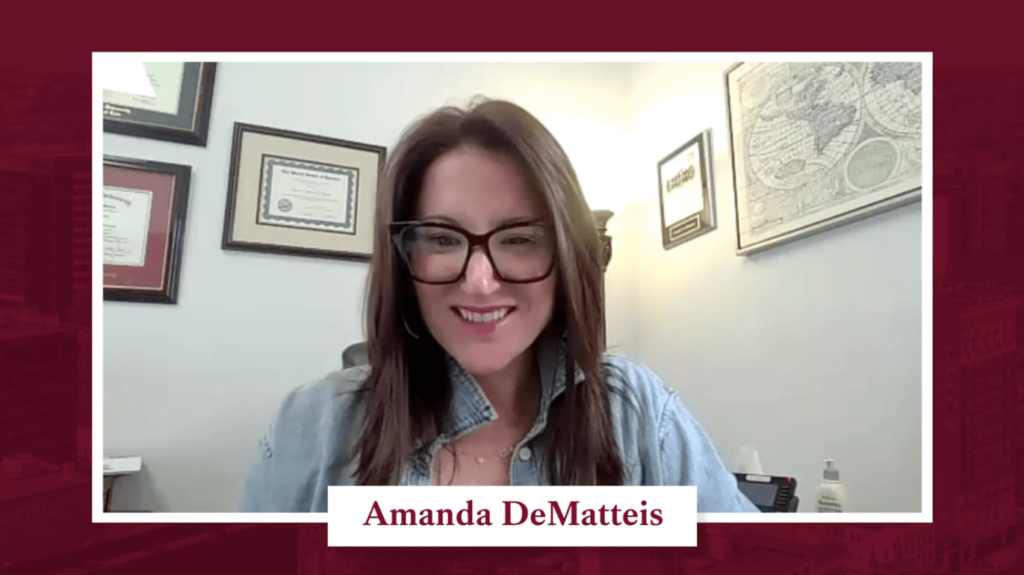May 14 2025
Amanda DeMatteis: Hi, Josh.
Josh Goodbaum: Hi, Amanda. What are we talking about today?
DeMatteis: I thought we would talk about artificial intelligence. It’s everywhere, right? We really can’t get away from it, and we’re even seeing it in the legal profession. And look, lawyers are expensive, so people are looking for alternative ways to try to get some legal advice without it really hitting their wallets too hard. So, we’re hearing about folks going on ChatGPT or other AI platforms and asking for legal advice.
Is this a good practice? Should people be relying on AI for legal advice to save folks some money?
Goodbaum: Well, it’s a whole new frontier, Amanda, and the answers are ones that are going to be discovered as things keep changing and people keep exploring. But I would say, at this moment, the answer to your question is probably “yes” and “no.”
For basic information, I have found that ChatGPT or Claude or some of the other AI services that are commercially available, even for free, have been pretty good. If you want to ask a basic question about employment law – for example, “What is at-will employment,” or, “What is a reasonable accommodation,” or, “Is it legal to discriminate on the basis of race” – my guess is you’re gonna get a pretty good answer from these different services regardless of which one you pick.
But you also don’t know what you don’t know. If you’re not a lawyer – if you’re not an employment lawyer, and you’re not specifically trained and experienced in this area – you might not know what questions to ask. And if you give ChatGPT or another large language AI model a complicated fact scenario, it might not be able to help you.
You have to remember that, even though many of these services have access to all of the world’s knowledge, they also still make stuff up. I think it’s called hallucination. And so you have to have a basis of knowledge and a basis of experience to test the accuracy of the advice you’re getting.
So I think that ChatGPT or other AI models are probably better than nothing. They are probably better than a bad employment lawyer. But I don’t think they’re yet better than a good employment lawyer.
Remember also that ChatGPT or any of these other AI services cannot function as your lawyer. They cannot contact an employer on your behalf. They don’t have a relationship with the lawyers who represent management in the state where you live. And that could be another really important service that a lawyer can provide, which is to act as a go-between and to have communications that can be very difficult for you to have so that you can focus on what’s best for you and what’s best for your family and leave the lawyering to the lawyers.
DeMatteis: It’s great advice in the landscape that’s gonna continue to change, and I’m sure this will not be our last video about AI and how it intersects with the law.
Thanks so much for that, Josh, and thank you for watching. Take care.
Posted by Garrison, Levin-Epstein, Fitzgerald & Pirrotti, P.C. in Commentary
Tagged Amanda DeMatteis, Joshua Goodbaum









